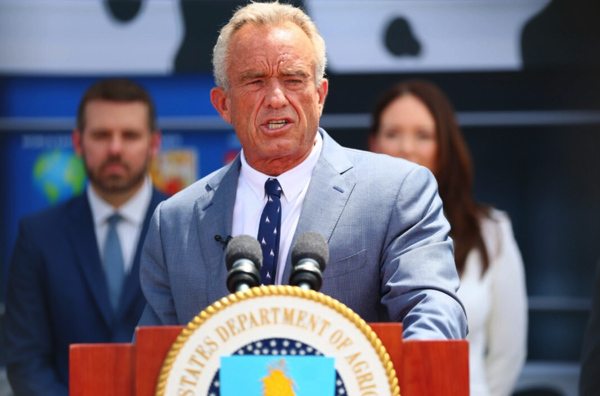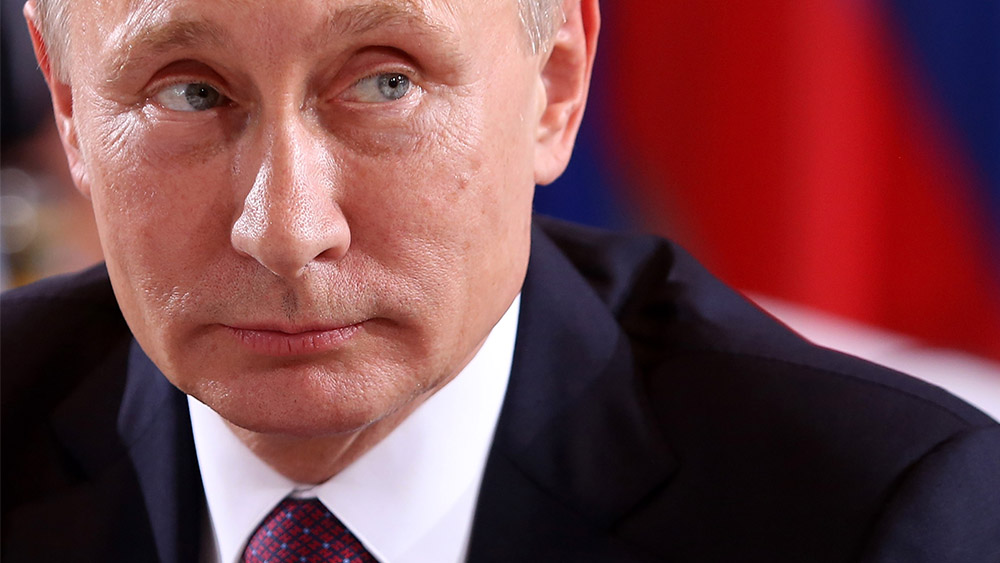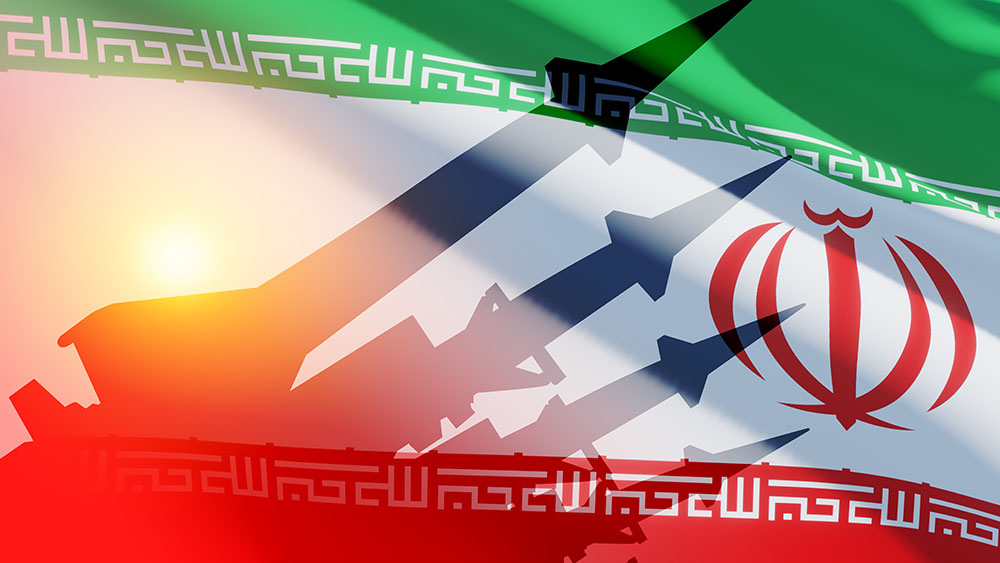 Parler
Parler Gab
Gab
- U.S. Health Secretary Robert F. Kennedy Jr. refuses to declare a national emergency over a sharp rise in measles cases hitting a 33-year high.
- Senate Minority Leader Chuck Schumer accuses Kennedy of undermining public health, citing 1,288 cases in 2025 — primarily among the unvaccinated — and dismantling critical vaccine advisory boards.
- Kennedy highlights declining outbreaks, vitamin A treatments and state-led responses, while critics argue his policies have exacerbated vaccine hesitancy.
- Historical data shows measles fatalities remained low before vaccines, yet modern discourse frames it as a crisis demanding mass inoculation.
- The debate reflects broader tensions between government health authority and individual autonomy, amplified by claims of pharmaceutical industry influence.
The great measles debate: Science vs. fearmongering
At the heart of the dispute lies fundamentally opposed narratives about the measles’ threat and the role of vaccines. Kennedy’s camp maintains that modern medicine’s advances — such as vitamin A treatments to mitigate complications — let families weigh vaccination against natural immunity. Meanwhile, Democrats cite the disease’s “97% prevention rate” with two vaccine doses and warn of deaths in the unvaccinated. Yet, history proves today's pro-vaccine/anti-unvaccinated rhetoric is little more than fearmongering. Prior to the 1960s, measles caused just 450 U.S. deaths annually—usually no fatalities in well-nourished populations. Today’s panic, critics argue, stems less from mortality rates due to the illness than Big Pharma incentives to promote dangerous vaccines and depopulation agendas. Kennedy’s May directive to the CDC to explore non-vaccine treatments and his reconstitution of the vaccine advisory panel with skeptics signal a shift toward prioritizing informed consent over “herd immunity” mandates. “The decision to vaccinate is personal,” stated an HHS spokesperson, underscoring Kennedy’s advocacy for diverse healthcare choices.State responses, political turbulence and public confusion
Texas and New Mexico, where 58% of the current cases are clustered, have led responses resembling containment efforts, including school inoculation mandates and public awareness campaigns. Kennedy insists such localized strategies, not federal overreach, are the better path. However, opponents paint this as a failure of leadership. Senator Patty Murray condemned Kennedy’s advisory panel reshuffle on social media, alleging “unvetted skeptics” now guide vaccine policy. Meanwhile, lawsuits challenge HHS cuts to pandemic-era programs, including dropping the flu shot from recommended pediatric schedules. For the health freedom movement, Kennedy’s stance represents resistance to “religious vaccine zealotry” embedded in federal agencies like the CDC. The Health Ranger Mike Adams noted, “This crisis reveals how institutions manipulate fear to advance agendas, not protect lives.”A crossroads of public trust and policy
The measles crisis has ignited a defining battle over who governs public health. While RFK Jr. frames his actions as empowering families to choose, Democrats and mainstream medical voices decry delays as dangerous. With case numbers fluctuating but still historically low compared to pre-20th-century levels, the debate transcends epidemiology—it’s about who controls America’s healthcare narrative: governments enforcing “solutions” or individuals safeguarding choice. Vaccine critics further argue that the current outbreak would not have happened if vaccines worked as advertized. As tensions rise, so too does skepticism about conflating minor public health challenges with existential threats. Whether Kennedy’s approach mitigates harm or exacerbates it remains a matter of opinion, but one truth is clear: trust in institutions hangs in the balance. For better or worse, this measles moment has become a lightning rod illuminating America’s fractured healthcare destiny. Sources for this article include: TheEpochTimes.com NBCNews.com USAToday.comPutin signals readiness for Ukraine peace talks, but Russia’s demands remain unchanged
By Belle Carter // Share
Powerful health secrets inside pomegranates: What science says about this ancient superfruit
By Olivia Cook // Share
A simple solution for seniors: Walking faster fights frailty and preserves independence
By Ava Grace // Share
Governments continue to obscure COVID-19 vaccine data amid rising concerns over excess deaths
By patricklewis // Share
Tech giant Microsoft backs EXTINCTION with its support of carbon capture programs
By ramontomeydw // Share
Germany to resume arms exports to Israel despite repeated ceasefire violations
By isabelle // Share










